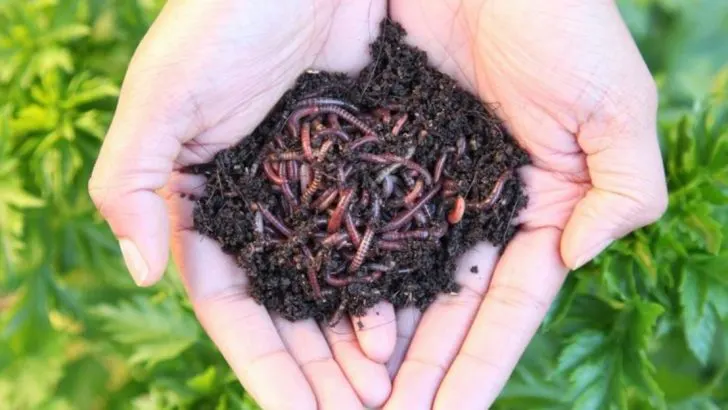Your soil is probably starving. Not for water. Not for fertilizer. But for wriggly, slimy, underground garden heroes: earthworms. These little dirt diggers aren’t gross—they’re gold. They loosen compacted soil, boost nutrients, and turn lifeless plots into lush, thriving beds. No machines. No chemicals. Just quiet, steady magic happening beneath your feet. If your garden feels stuck, sluggish, or strangely lifeless, the solution isn’t above ground. It’s underground. And once you learn how to lure more of these muddy MVPs into your yard, everything changes—bigger blooms, happier roots, and vegetables that actually taste like something. Ready to turn your garden into a worm paradise? Let’s get muddy.
Create a Compost Pile
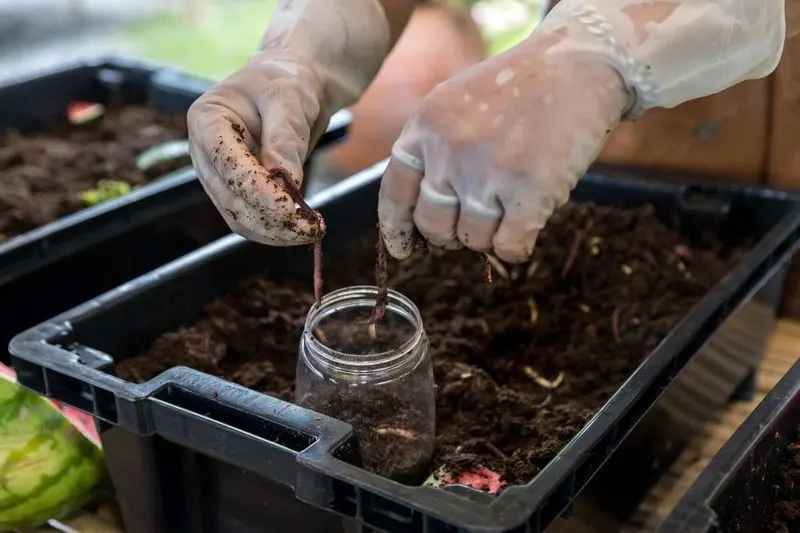
Creating a compost pile is like setting up an all-you-can-eat buffet for earthworms. By offering a rich mix of decomposing plant material, kitchen scraps, and garden waste, you invite these natural recyclers to feast and thrive.
Position your compost in a shaded corner of your garden to maintain moisture and regulate temperature. A well-maintained compost pile not only attracts earthworms but also speeds up the decomposition process, turning waste into nutrient-rich soil.
This approach minimizes garden waste while enhancing soil fertility, making it a win-win for both your garden and earthworms.
Maintain Moisture Levels
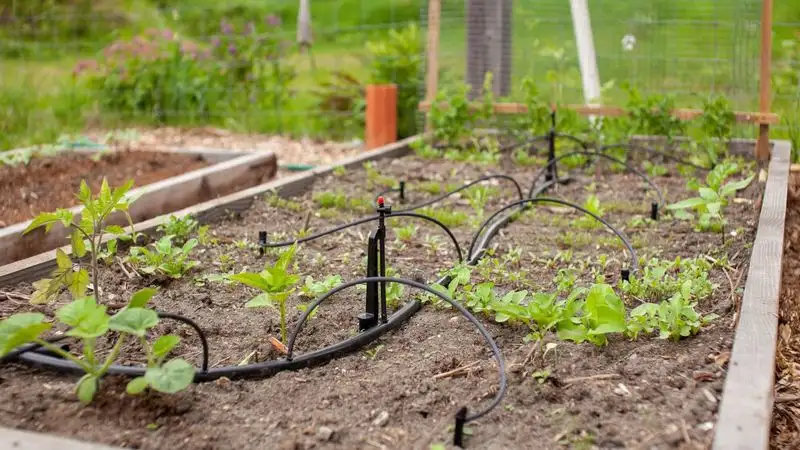
Earthworms love moist environments, where they can move freely and access nutrients. Ensuring your garden soil stays consistently damp, but not waterlogged, is key.
Consider installing a drip irrigation system or using mulch to retain soil moisture, creating an inviting habitat for these creatures. Mulch also provides organic material for earthworms to consume, further encouraging their presence.
By maintaining appropriate moisture levels, you not only attract earthworms but also promote better plant health, as ample moisture supports robust root systems.
Avoid Chemicals
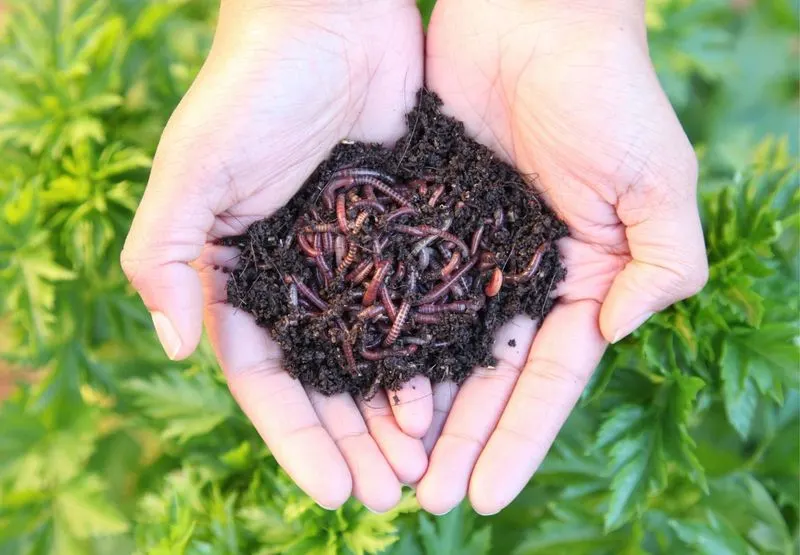
Pesticides and chemical fertilizers might seem helpful in the short term, but they can harm earthworms and disrupt your garden’s ecosystem. These substances deter earthworms by contaminating the soil they live in.
Opt for natural pest control methods and organic fertilizers, which are safer for earthworms and beneficial insects. Companion planting, neem oil, and homemade remedies can effectively manage pests without harmful side effects.
Healthy, chemical-free soil invites earthworms to flourish, contributing to a balanced and vibrant garden ecosystem.
Plant Cover Crops
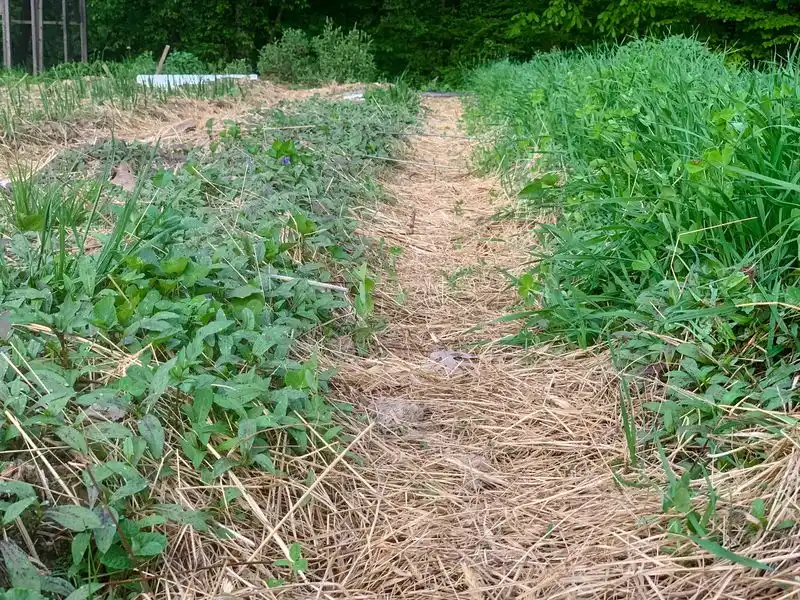
Cover crops like clover and vetch are not just for farmers; they’re excellent for home gardens too. These plants provide organic matter and protect the soil, creating a perfect environment for earthworms.
When cover crops are tilled back into the soil, they decompose, offering a feast for earthworms and enriching the soil with nutrients. This practice also prevents erosion and suppresses weeds, maintaining a healthy garden.
Incorporating cover crops into your garden plan invites earthworms, ensuring a flourishing ecosystem year-round.
Add Organic Matter
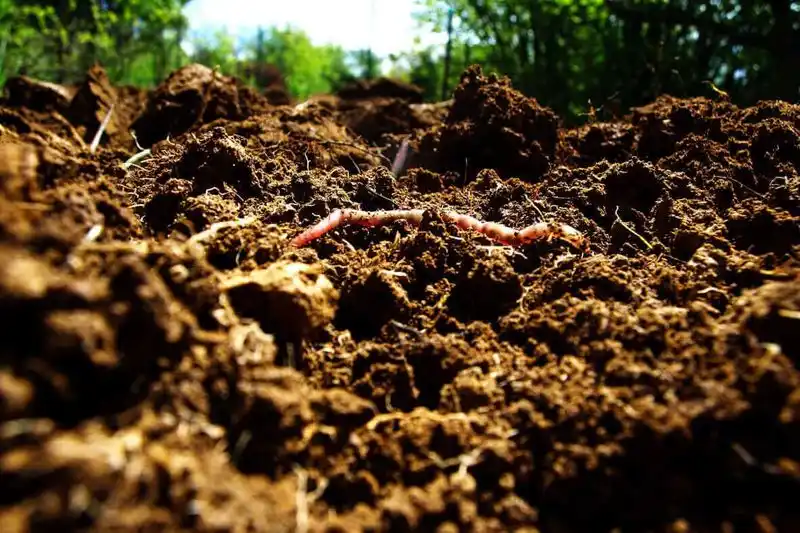
Organic matter is a feast for earthworms. By regularly adding materials like leaves, straw, and compost to your garden beds, you create a thriving environment for these decomposers.
This practice not only attracts earthworms but also improves soil structure, aeration, and nutrient availability. As earthworms break down organic matter, they help release essential nutrients back into the soil.
A garden rich in organic material supports a healthy population of earthworms, leading to more vigorous plant growth and resilience against pests and diseases.
Create Worm Towers
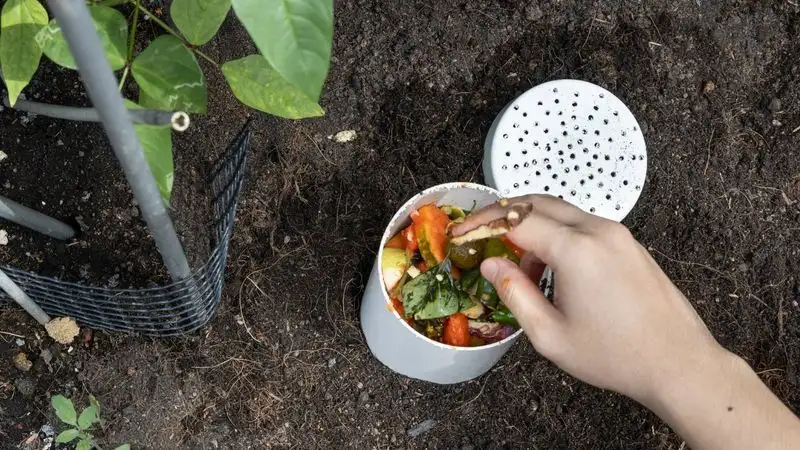
Creating worm towers is an innovative way to attract and nurture earthworms in your garden. These towers, made from PVC pipes with holes, are filled with organic waste that earthworms love.
Placing them throughout your garden allows earthworms to access food and aerate the soil naturally. As the worms consume the waste, they produce nutrient-rich castings that enhance soil fertility.
This method not only supports earthworm populations but also reduces kitchen waste, making your garden more sustainable and productive.
Encourage Leaf Litter
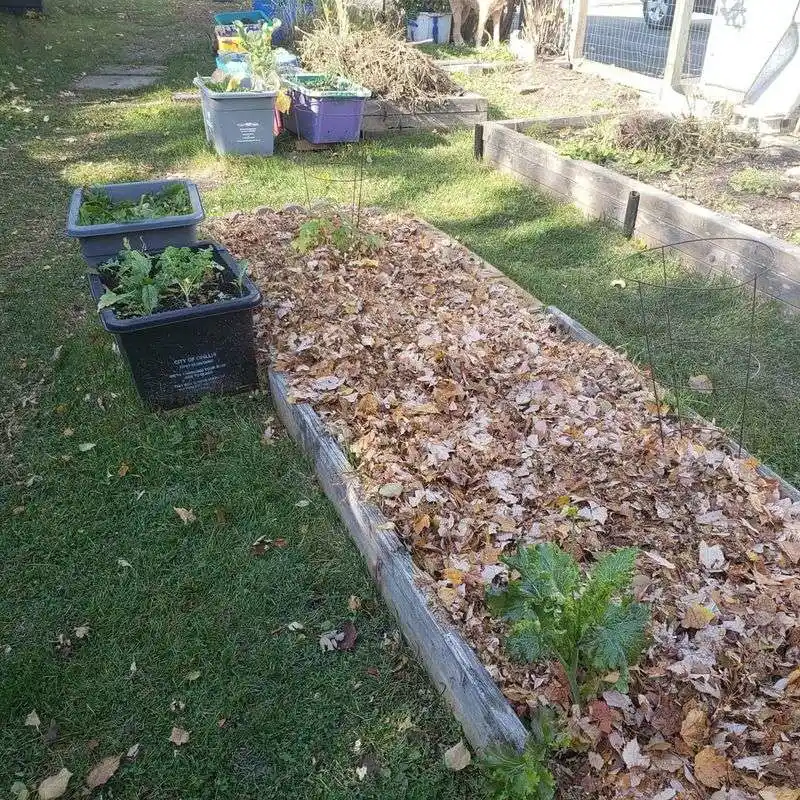
Leaf litter is nature’s way of providing for earthworms. By allowing leaves to decompose in your garden, you create an inviting habitat for these creatures.
The decomposing leaves offer a moisture-rich, food-filled environment that earthworms thrive in. This natural mulch also protects soil from erosion and retains moisture, benefiting plant health.
Encouraging leaf litter not only attracts earthworms but also supports biodiversity, creating a balanced ecosystem in your garden.

